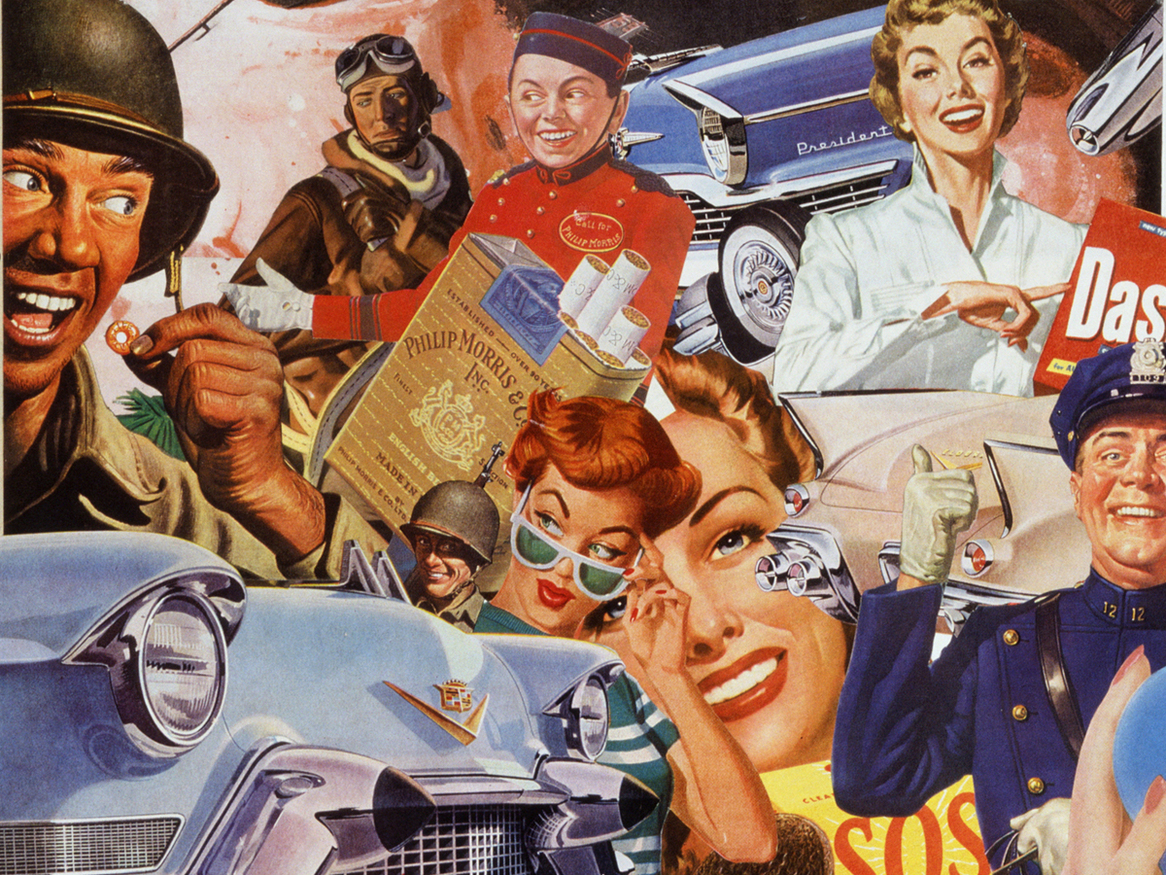
This course explores the complex relationship between consumer culture and market activity. Students will develop theoretical and practical skills to understand consumers better and gain actionable insights by focusing on the intersection of consumption, culture, and markets. Consumer culture refers to the social arrangements in which culture and social resources depend on and are mediated through markets.
Throughout the course, students will examine various manifestations of consumer culture, both historical and contemporary, through case studies, academic articles, and videos. Experiential learning is emphasized through course components such as readings, participation in class exercises and discussions, written assignments, and group research projects. The course takes a critical perspective to address the broader role of marketing communication in society.
Topics covered may include the historical development of consumer culture and consumption institutions, taste formation and social distinction, marketing as ideology, consumption as identity work, consumer resistance and anti-consumption, consumer communities and tribes, and consumer activism and sustainability.
Throughout the course, students will examine various manifestations of consumer culture, both historical and contemporary, through case studies, academic articles, and videos. Experiential learning is emphasized through course components such as readings, participation in class exercises and discussions, written assignments, and group research projects. The course takes a critical perspective to address the broader role of marketing communication in society.
Topics covered may include the historical development of consumer culture and consumption institutions, taste formation and social distinction, marketing as ideology, consumption as identity work, consumer resistance and anti-consumption, consumer communities and tribes, and consumer activism and sustainability.
- Teacher: Carlos Diaz Ruiz